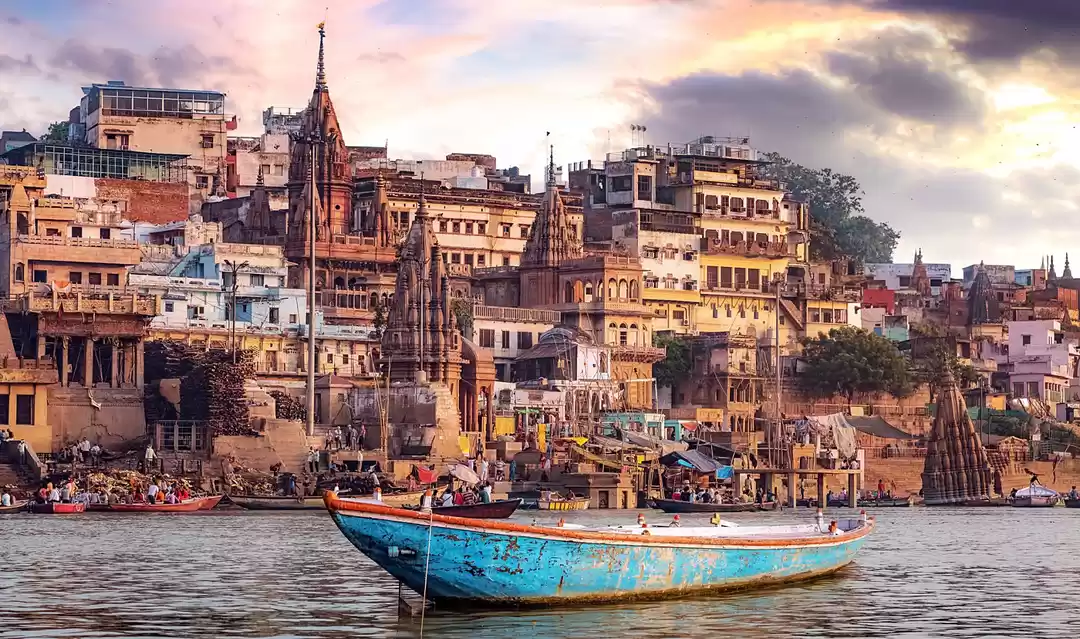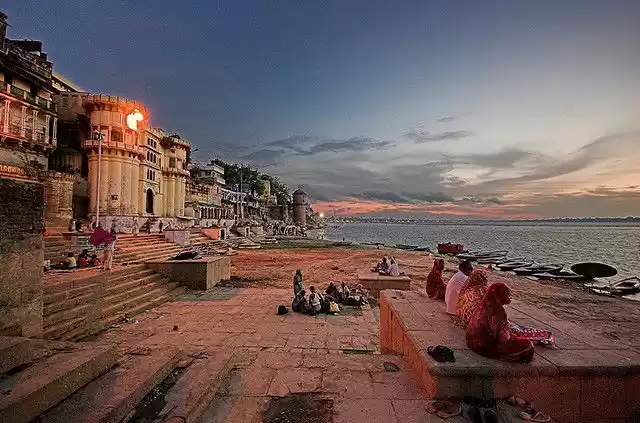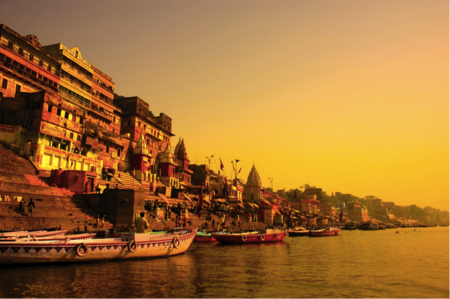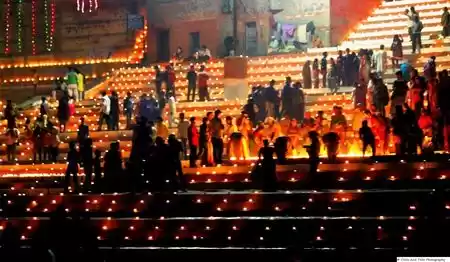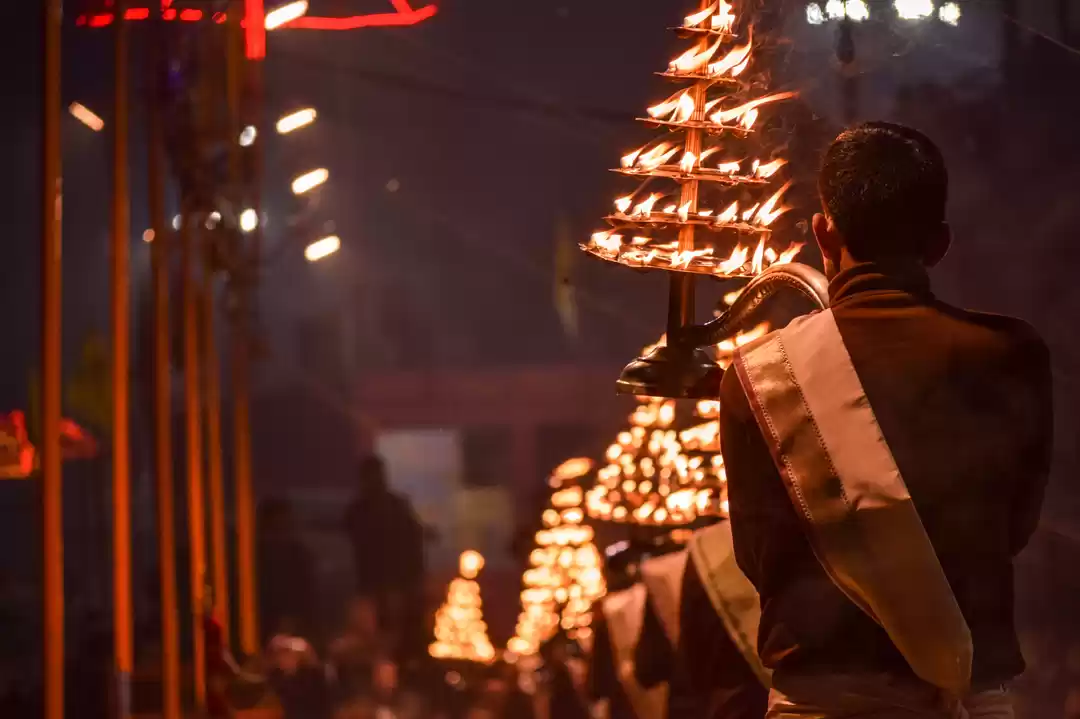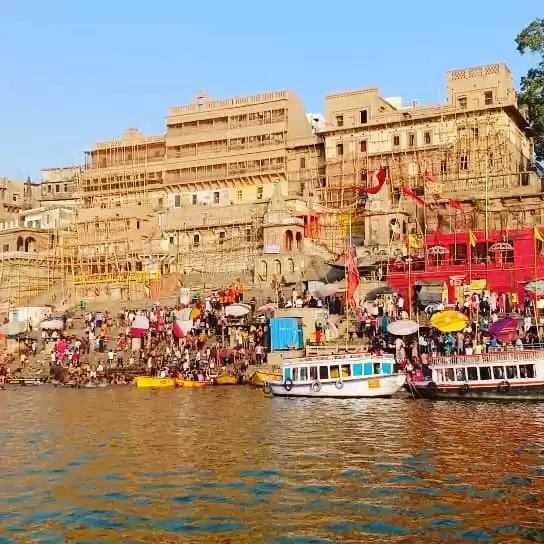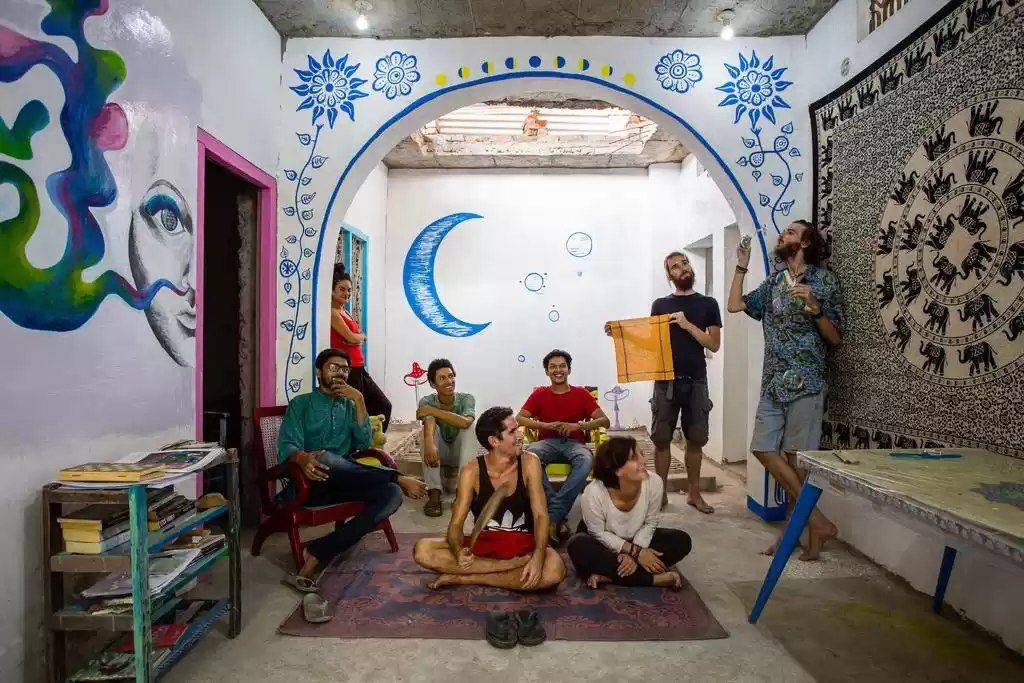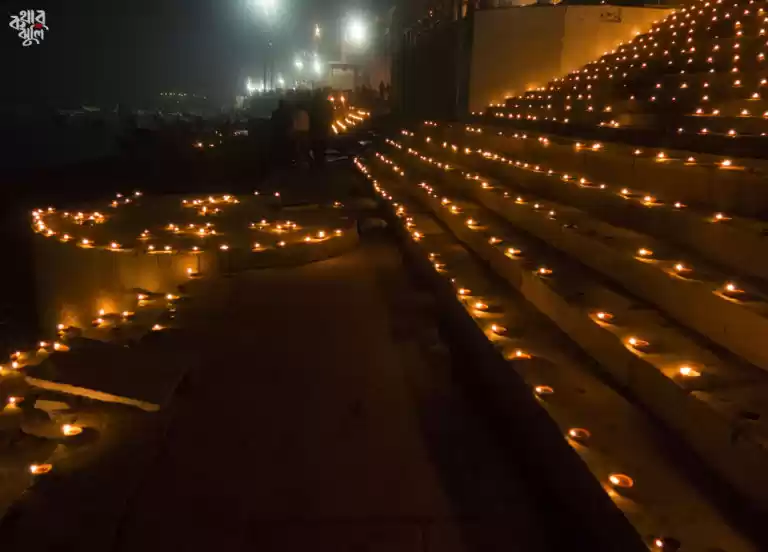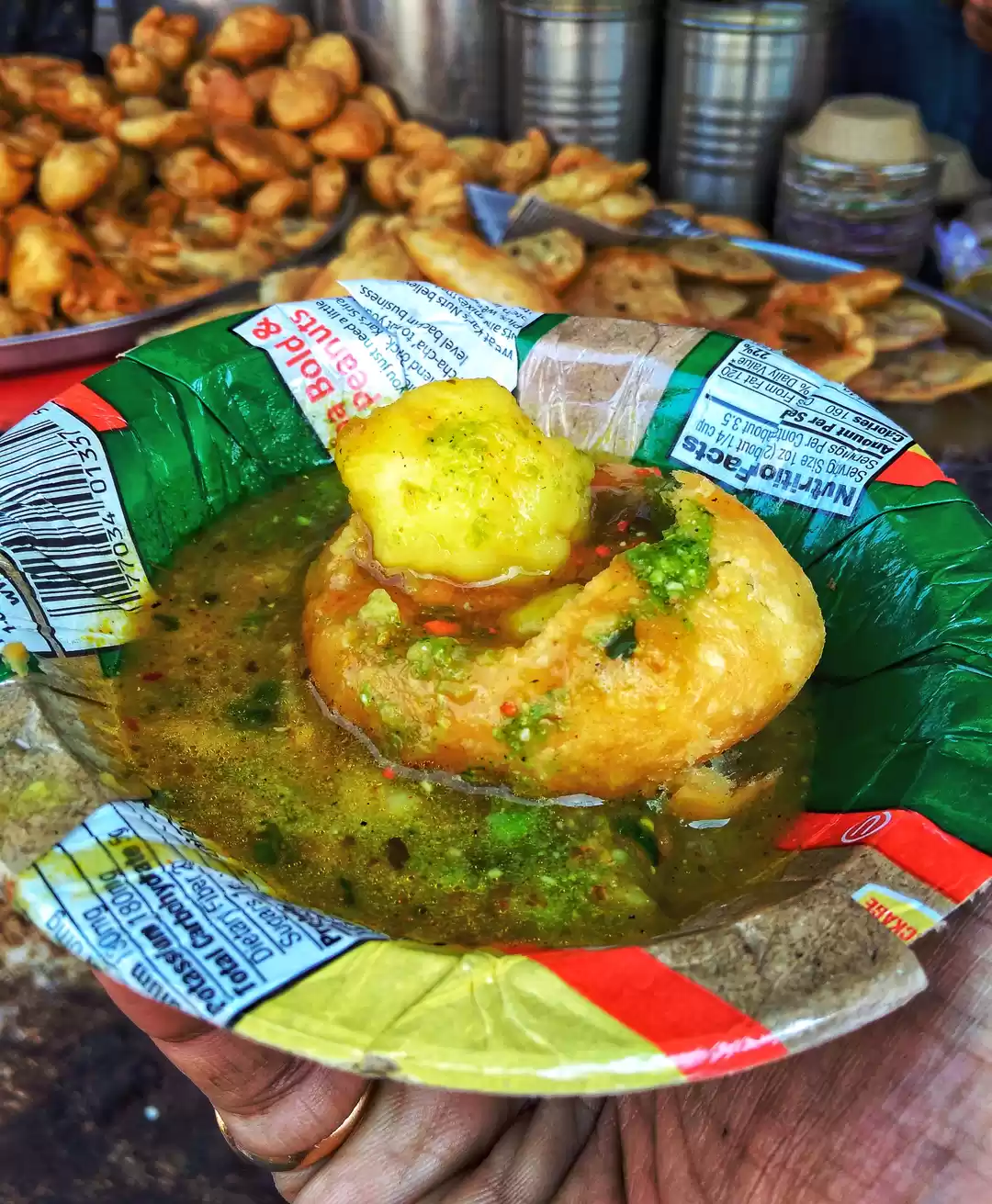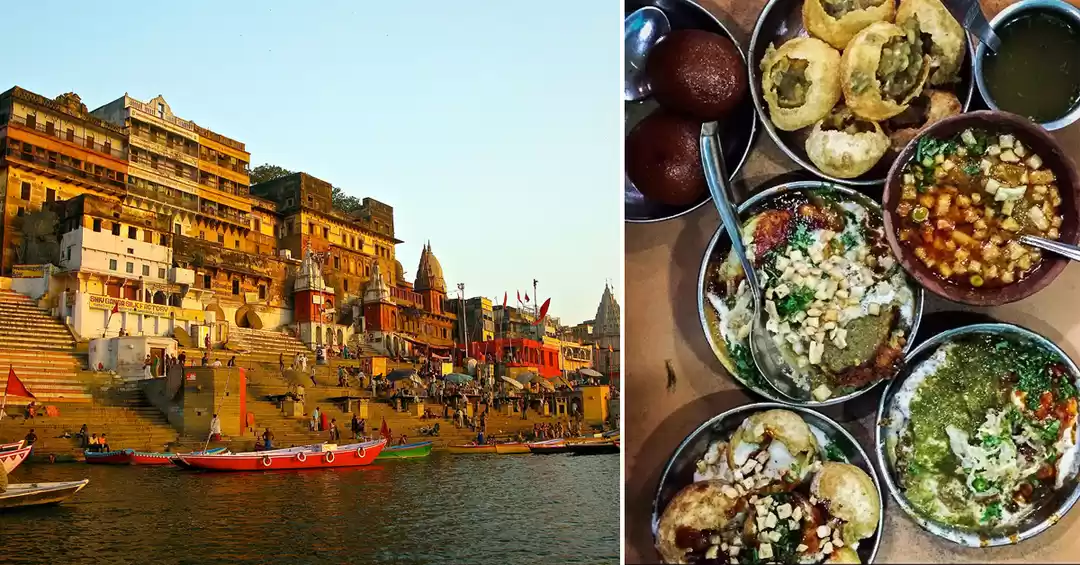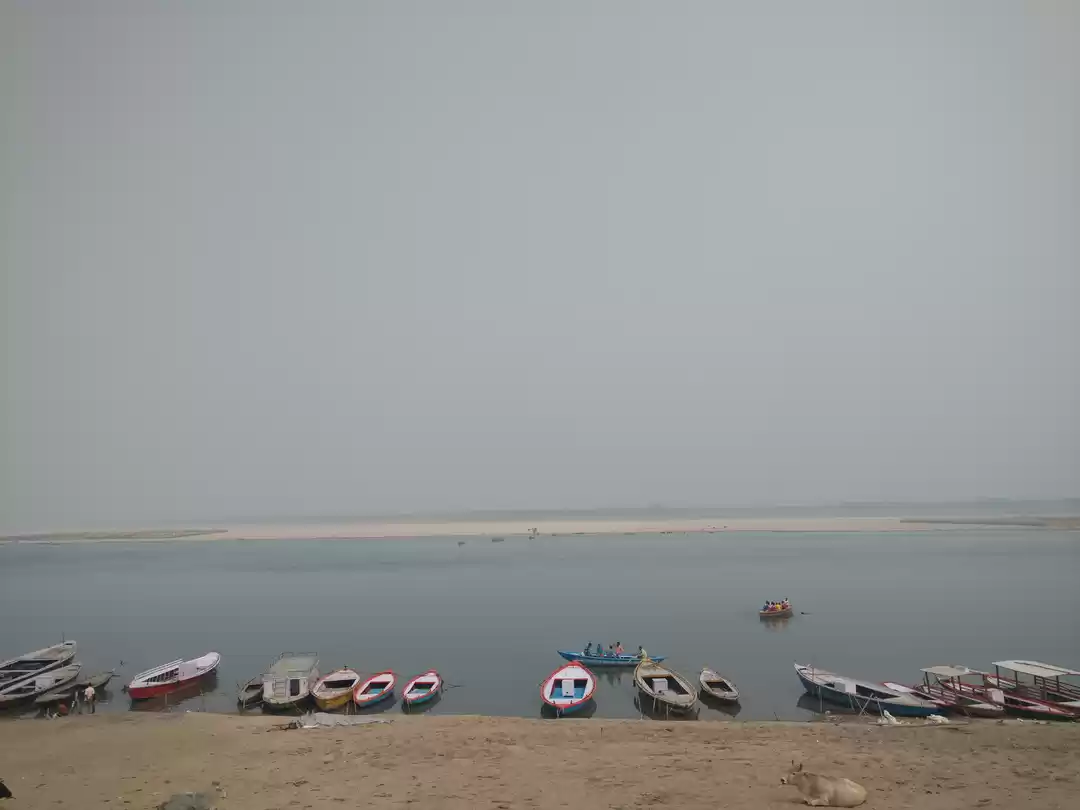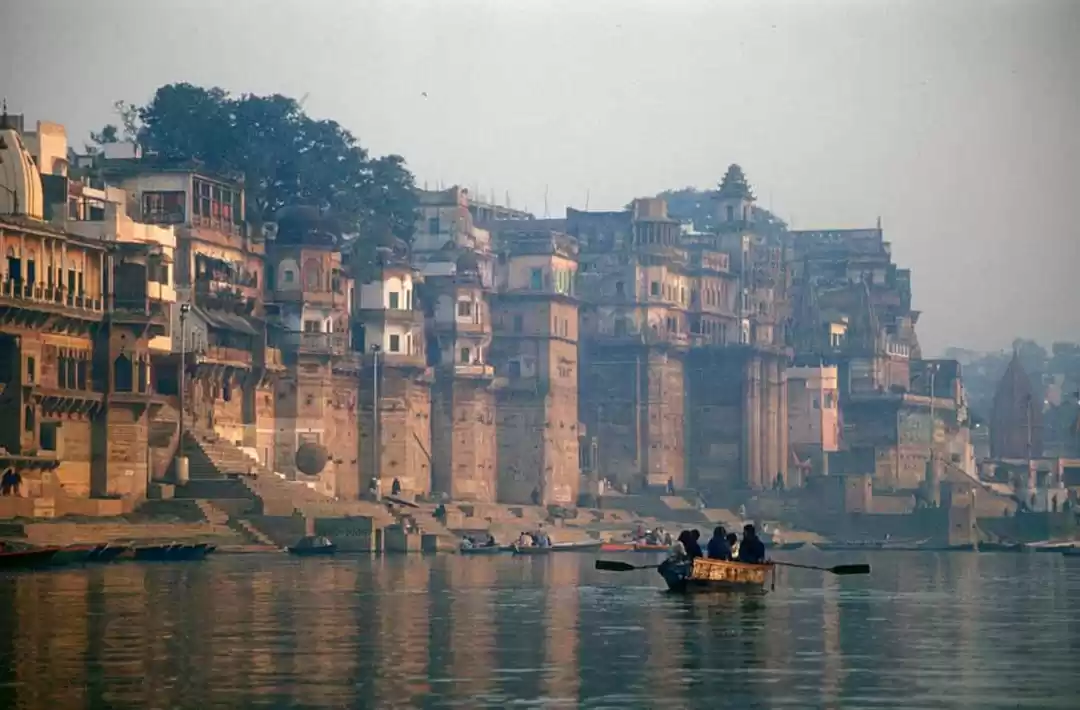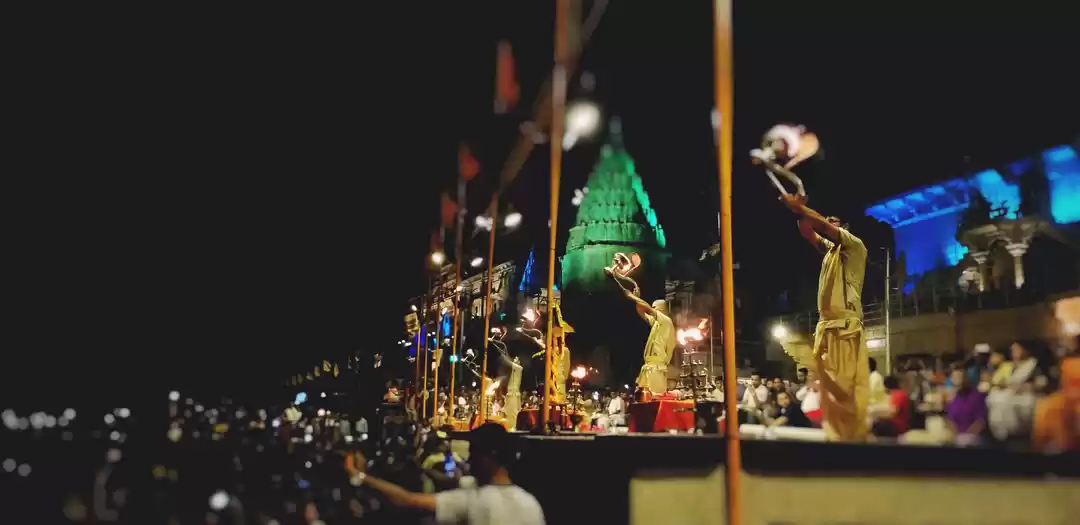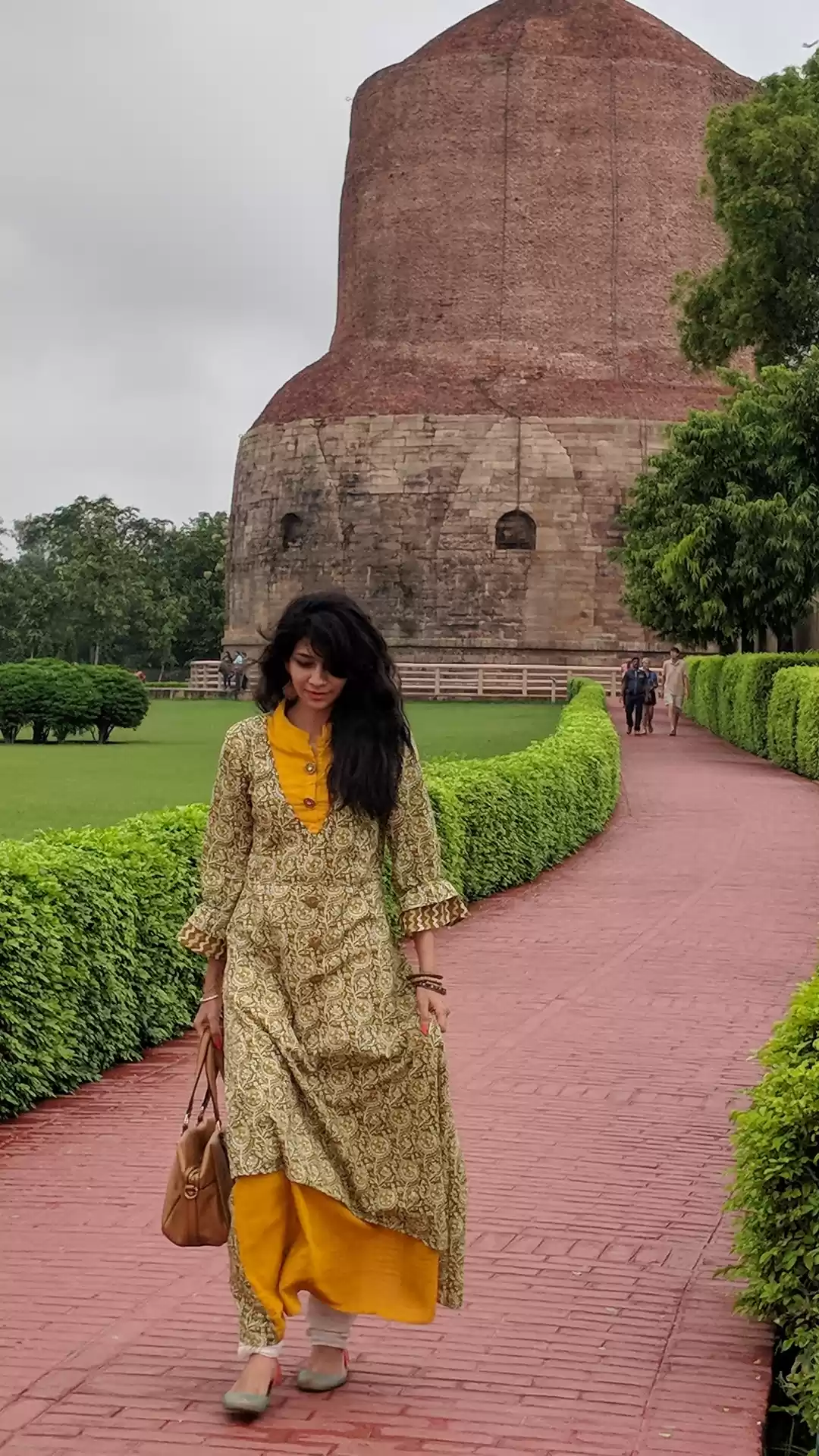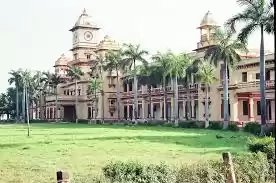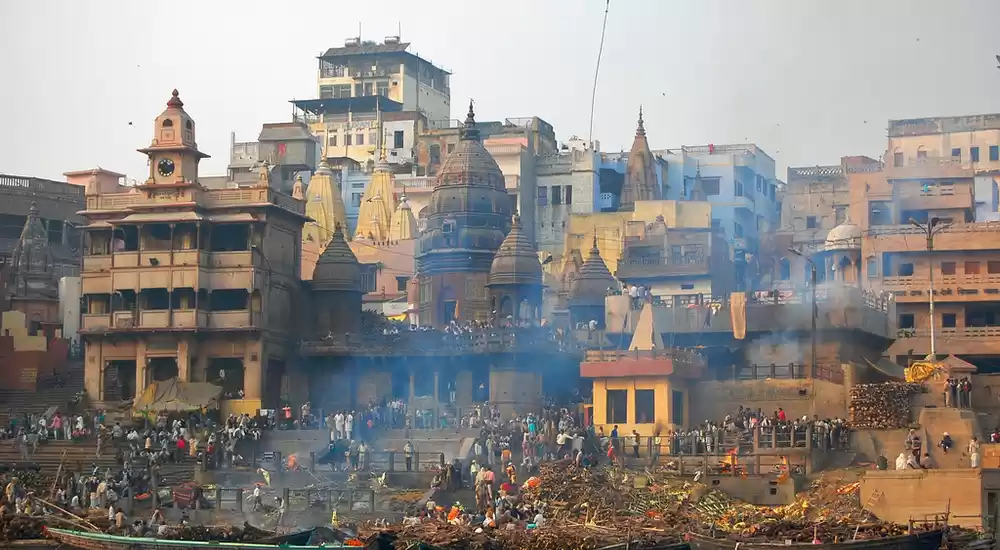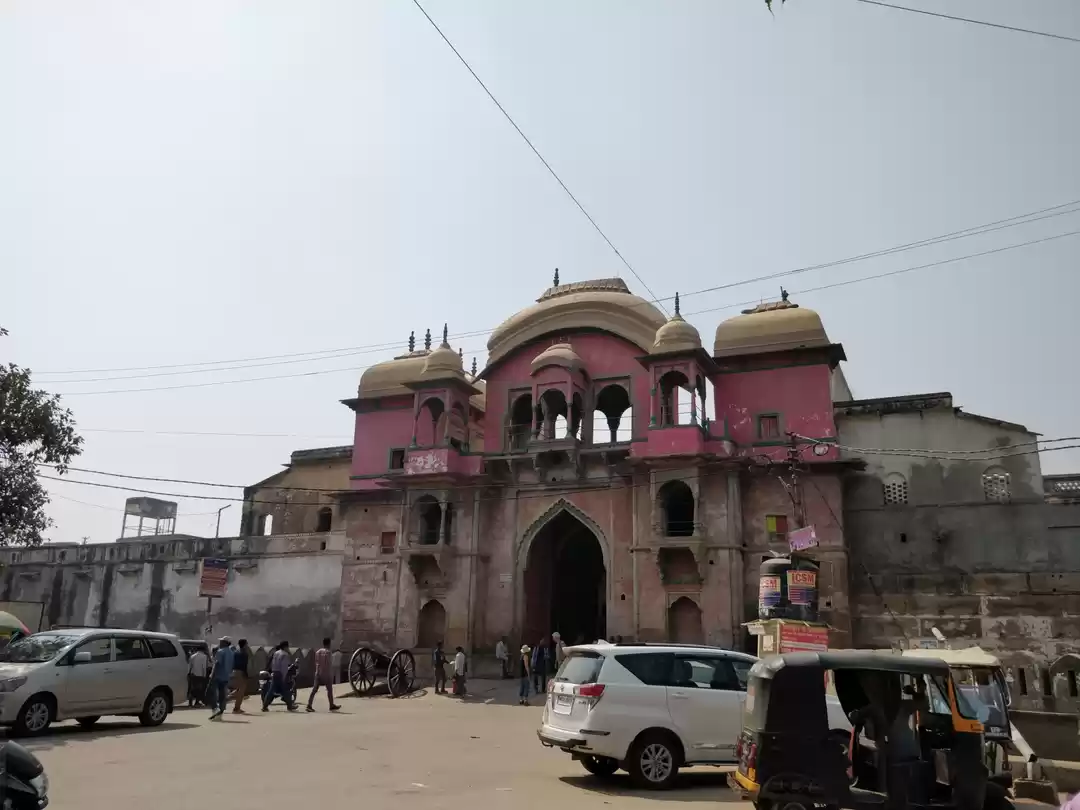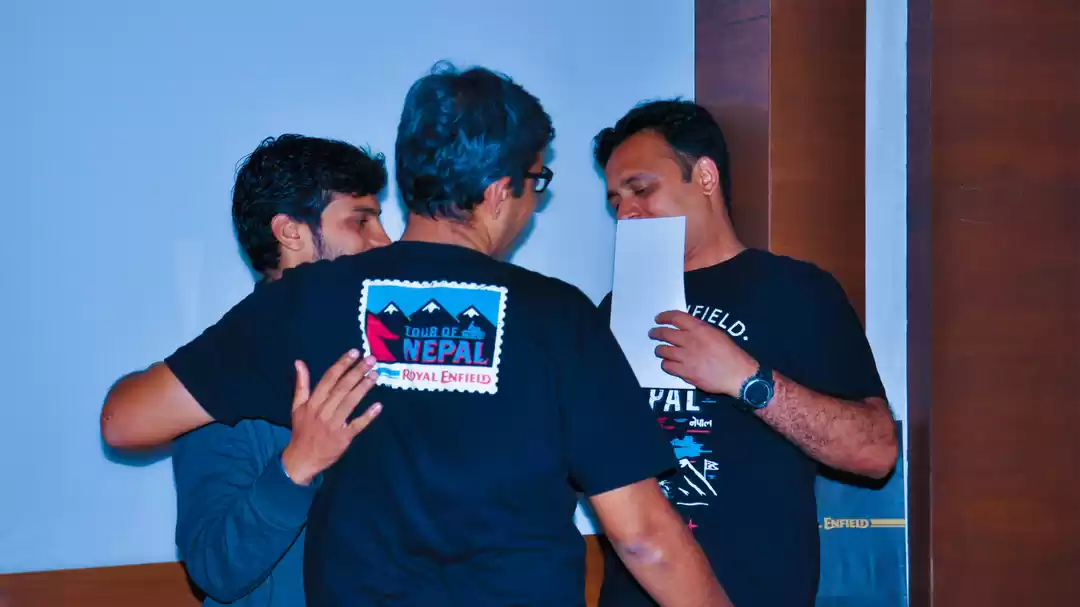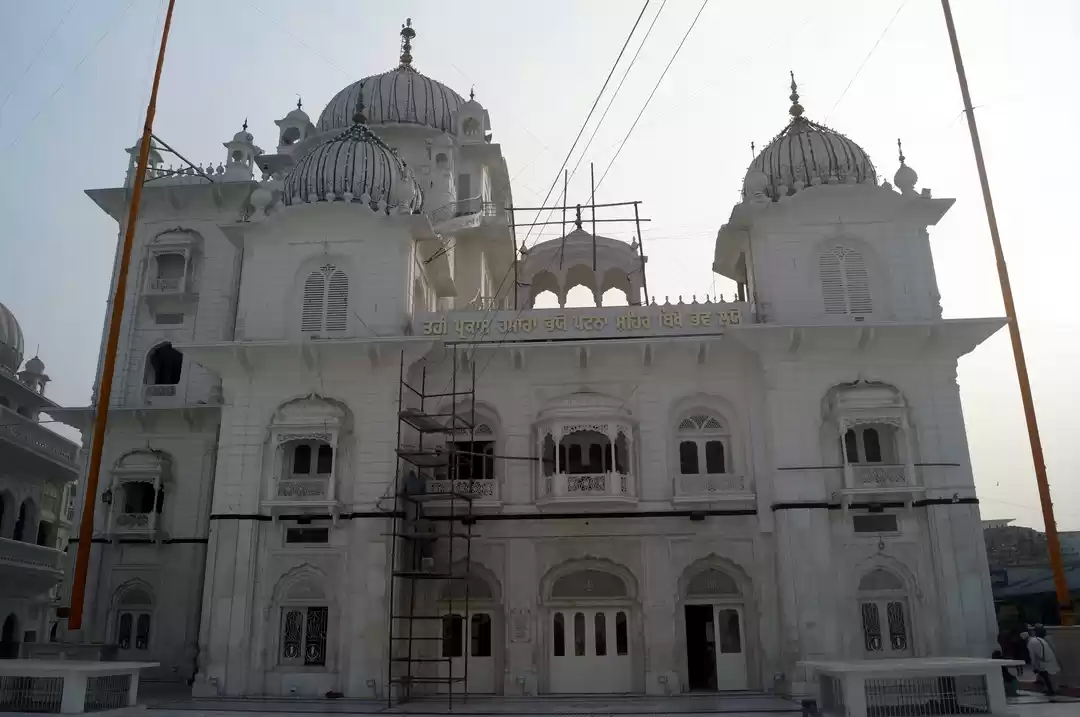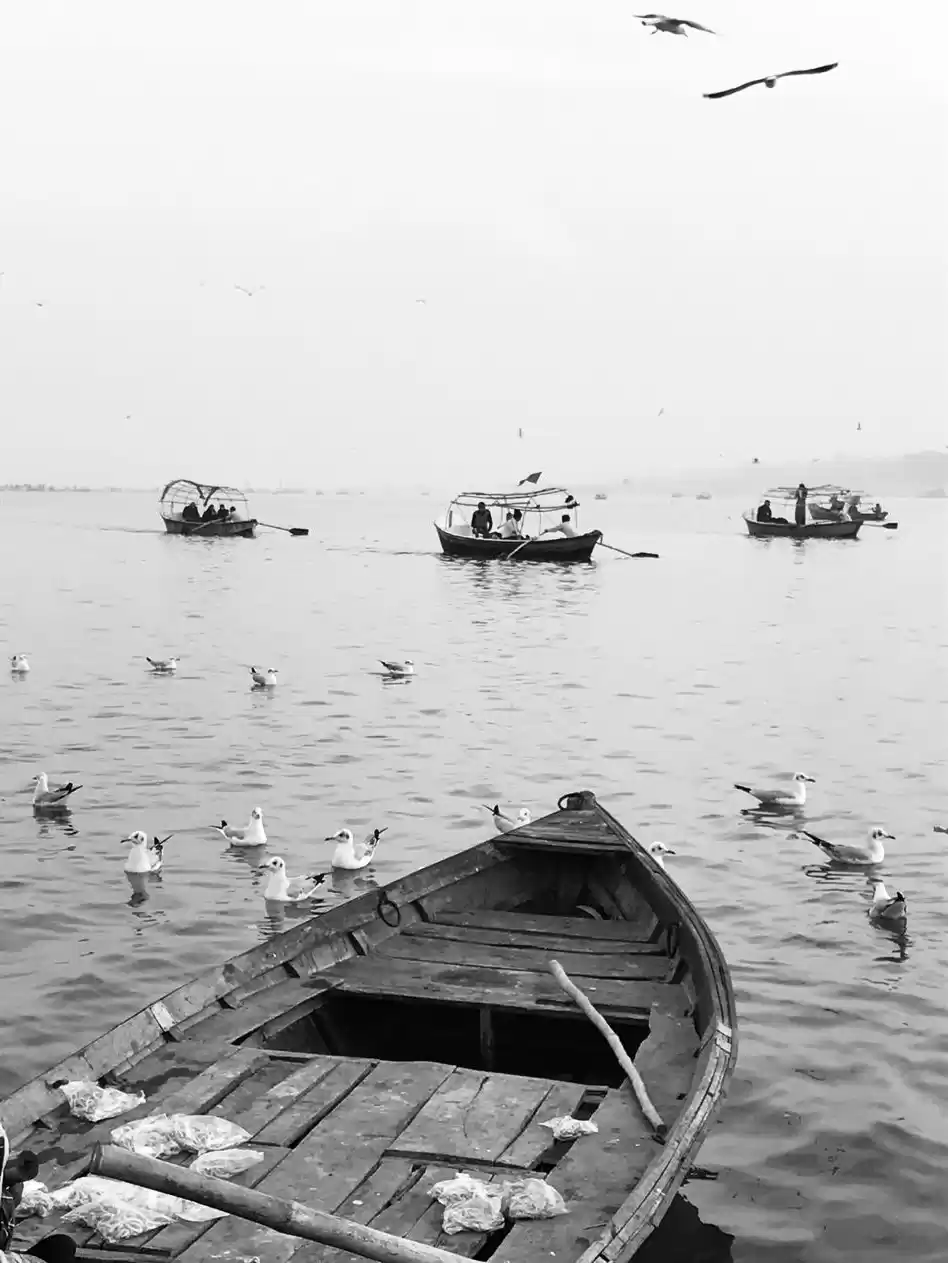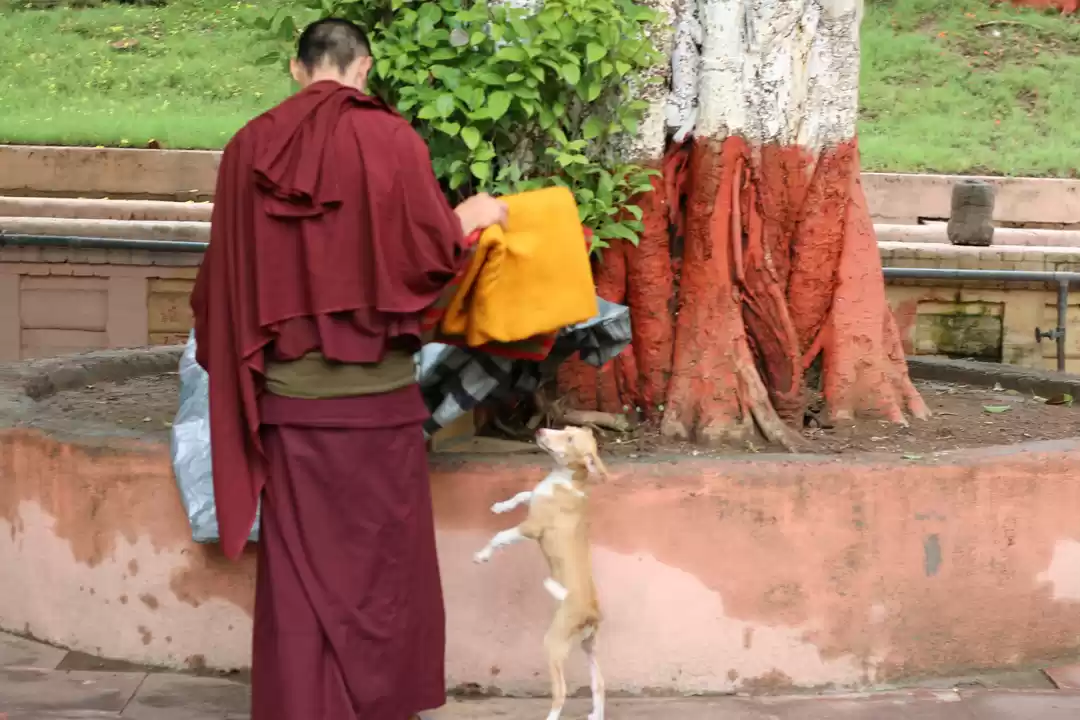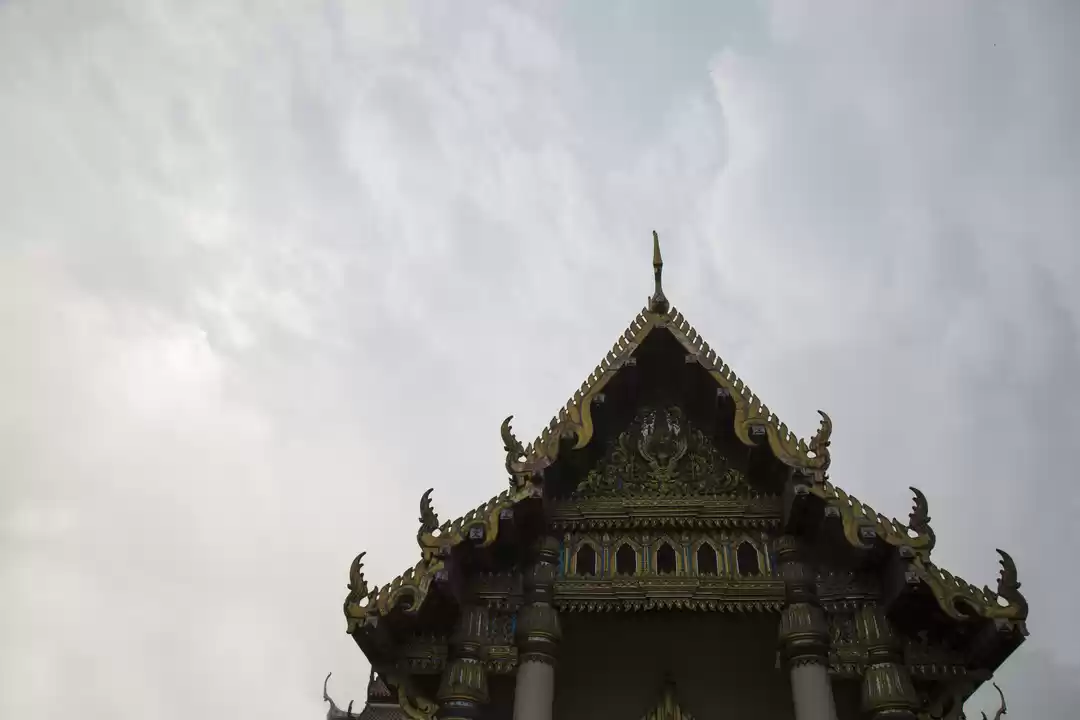Varanasi Tourism and Travel Guide
Varanasi (Hindustani pronunciation: [ʋaːˈraːɳəsi]), also known as Benares, Banaras (Banāras [bəˈnaːrəs]), or Kashi (Kāśī [ˈkaːʃi]), is a North Indian city on the banks of the Ganges in Uttar Pradesh, India 320 kilometres (200 mi) south-east of the state capital, Lucknow and 121 kilometres (75 mi) east of Allahabad. Varanasi is one of the oldest continuously inhabited cities in the world. The spiritual capital of India, it is the holiest of the seven sacred cities (Sapta Puri) in Hinduism and Jainism, and played an important role in the development of Buddhism. Varanasi lies along National Highway 2, which connects it to Kolkata, Kanpur, Agra, and Delhi, and is served by Varanasi Junction and Lal Bahadur Shastri International Airport.Varanasi grew as an important industrial centre, famous for its muslin and silk fabrics, perfumes, ivory works, and sculpture. Buddha is believed to have founded Buddhism here around 528 BC when he gave his first sermon, 'The Setting in Motion of the Wheel of Dharma', at nearby Sarnath. The city's religious importance continued to grow in the 8th century, when Adi Shankara established the worship of Shiva as an official sect of Varanasi. Despite the Muslim rule, Varanasi remained the centre of activity for Hindu intellectuals and theologians during the Middle Ages, which further contributed to its reputation as a cultural centre of religion and education. Several major figures of the Bhakti movement were born in Varanasi, including Kabir and Ravidas. Guru Nanak Dev visited Varanasi for Shivratri in 1507, a trip that played a large role in the founding of Sikhism. In the 16th century, Varanasi experienced a cultural revival under the Muslim Mughal emperor Akbar who invested in the city, and built two large temples dedicated to Shiva and Vishnu, though much of modern Varanasi was built during the 18th century, by the Maratha and Bhumihar kings. The kingdom of Benares was given official status by the Mughals in 1737, and continued as a dynasty-governed area until Indian independence in 1947. The city is governed by the Varanasi Nagar Nigam (Municipal Corporation) and is represented in the Parliament of India by the current Prime Minister of India Narendra Modi, who won the Lok Sabha elections in 2014 by a huge margin. Silk weaving, carpets and crafts and tourism employ a significant number of the local population, as do the Diesel Locomotive Works and Bharat Heavy Electricals Limited. Varanasi Hospital was established in 1964.Varanasi has been a cultural centre of North India for several thousand years, and is closely associated with the Ganges. Hindus believe that death in the city will bring salvation, making it a major centre for pilgrimage. The city is known worldwide for its many ghats, embankments made in steps of stone slabs along the river bank where pilgrims perform ritual ablutions. Of particular note are the Dashashwamedh Ghat, the Panchganga Ghat, the Manikarnika Ghat and the Harishchandra Ghat, the last two being where Hindus cremate their dead. The Ramnagar Fort, near the eastern bank of the Ganges, was built in the 18th century in the Mughal style of architecture with carved balconies, open courtyards, and scenic pavilions. Among the estimated 23,000 temples in Varanasi are Kashi Vishwanath Temple of Shiva, the Sankat Mochan Hanuman Temple, and the Durga Temple. The Kashi Naresh (Maharaja of Kashi) is the chief cultural patron of Varanasi, and an essential part of all religious celebrations. An educational and musical centre, many prominent Indian philosophers, poets, writers, and musicians live or have lived in the city, and it was the place where the Benares Gharana form of Hindustani classical music was developed. One of Asia's largest residential universities is Banaras Hindu University (BHU). The Hindi-language nationalist newspaper, Aj, was first published in 1920.
All You Need To Know About Varanasi
Start Planning: Find Where To Stay in Varanasi
When in Varanasi, Don't Miss These Unique Travel Experiences
Your Ultimate Food Guide For Varanasi
Take a Virtual Varanasi Tour: The City In Pictures & Videos
Post About Your Varanasi Trip & Make it to Editor's Picks
Top Attractions In Varanasi
Trips and Itineraries for Varanasi
trip
Varanasi: Oh my ghat
Varanasi GhatA perfect sunsetPuja at the ghatPuja at the ghatFishing in the ghatBuildings in Vara...
19.5k Views
Faith & SpiritualityCulture & ArtsOctoberNovembertrip
Streets, Boats, Ghats...And Varanasi!
A city that defies description, Banaras, Varanasi, is one of the oldest continuous settlements ...
11.5k Views
natureriverGujaratMehsana
